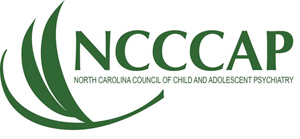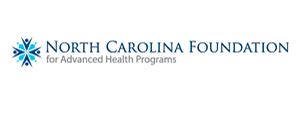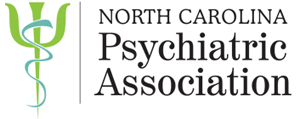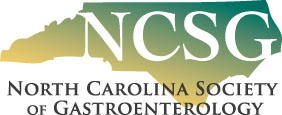What is the TAC Consortium and Initiative?
Over 40 North Carolina medical societies and organizations joined together in a commitment to helping the medical community face the challenges of a changing health care environment, launching the Toward Accountable Care Consortium and Initiative. The Consortium was designed to provide the medical community with the knowledge and tools needed to understand, participate in, navigate, lead, and succeed in a value-driven health care system. Click here for a list of current Toward Accountable Care Consortium members.
Despite numerous and often burdensome attempts by health plans and government programs over the past few decades to contain health care costs, our current health care “system” continues to suffer from unsustainable cost increases, excessive fragmentation, and significant variations in quality. Meaningful changes and increased accountability are being demanded by employers, consumers, and tax payers, who are paying the health care bills. For meaningful change and appropriate accountability to occur, however, changes must be clinically sound, and clinicians need to lead the way.
Change is coming, so you need to be prepared. Regardless of your opinion on government-directed or market-driven reforms, Consortium members agree that it is better for our members and constituencies to be informed about what is happening across the country and in North Carolina. Before the passage of the Affordable Care Act (ACA), private sector reforms were already occurring. The Affordable Care Act accelerated those trends. To date, Medicare alone has approved over 150 Accountable Care Organizations (ACOs), and there are numerous other non-Medicare ACOs under development with the support of the private sector.
Physician engagement is key. Consortium members believe it is better to be engaged in discussions about changes to our health care system and help influence those changes than to sit back and be subject to someone else’s vision. If there was ever a time for physicians and the medical community to be engaged and proactive, that time is now.
What are the alternatives? Unacceptable alternatives include: (1) maintaining the status quo – getting paid less for the same amount of work and bureaucratic interference; or (2) to be controlled by someone else’s vision of how the health system should be run. Consortium members do not believe that either unsavory alternative is in the best interests of the medical community or patients.
For reforms to be successful, physicians and other health care providers must lead the changes. Thirty-plus years of burdensome government regulations and managed care have failed to produce a quality health care system. The time has come for clinicians to lead our health care system. Whether in independent practice or employed by a hospital or health system, clinicians need to be fully engaged in designing how care is delivered in their community. The government and private sector are looking to clinicians to help develop new models of care that will reduce waste, increase quality, and control costs. This Initiative is designed to help you do just that.
Coordinating team: The Initiative is being guided by a Physician Advisory Committee composed of national and state leaders in innovative health care delivery. Led by Julian “Bo” Bobbitt, a team of Smith Anderson attorneys are providing expertise to many of the resources being developed. The NC Medical Society, which is leading the coordination of the Initiative, has committed significant staff resources to ensure that this Initiative remains viable and that other Consortium members remain engaged. The NC Academy of Family Physicians and Community Care of North Carolina also have contributed staff to this effort. See the listing of Contributing Staff for details.
Resources: Over the next few years, the Consortium will provide information, resources, and tools to our members in many different mediums to accommodate as many learning preferences and time constraints as possible. We will highlight what is working and what is not. We will make this learning process as manageable for the medical community as possible.
Recognizing that no one model of care is right for every medical community, most of the resources will be focused on general principles promoting patient-centered, value-driven health care, although guidance also will be developed for specific programs that are gaining traction, such as the CMS Shared Savings Program, the CMS Advanced Payment ACO Model, and bundled payments.
Resources include:
- A must-read, user-friendly “white paper,” developed by Smith Anderson Law Firm, that contains relevant information for all physicians regardless of whether they are in independent practice or are employed by a hospital or health system;
- At least 10 specialty-specific toolkits developed by physicians in each specialty;
- A merit-based, shared-savings pool distribution guide;
- A physician’s guide to negotiating bundled payments;
- Webinars and educational sessions;
- Articles, podcasts, short videos;
- Social media communications;
- FAQs.
For more information on the TAC Consortium, please contact Melanie Phelps, Associate Executive Director, NCMS Foundation, 919-833-3836 ext. 119.
Recent Posts
- Four Years Later TAC Boasts 40+ Members and Dozens of Toolkits
- Two More ACO Partnerships Formed in NC
- Duke Connected Care: A Learning Opportunity While Serving the Community
- Pioneer ACO Model Generates Medicare Savings, Independent Report Reveals
- NCMS Foundation Seeks Rural Providers for ACO Opportunity
Archives
- August 2016
- November 2015
- May 2015
- March 2015
- February 2015
- January 2015
- November 2014
- October 2014
- March 2014
- January 2014
- November 2013
- October 2013
- September 2013
- August 2013
- July 2013
- June 2013
































